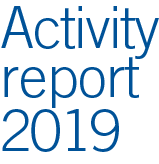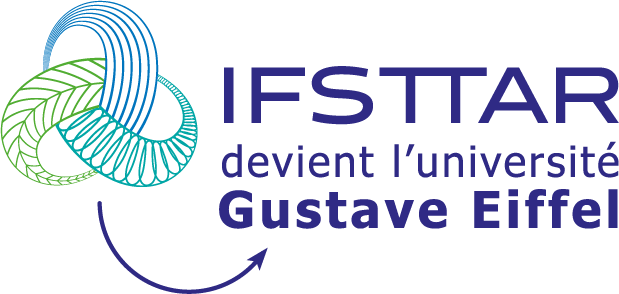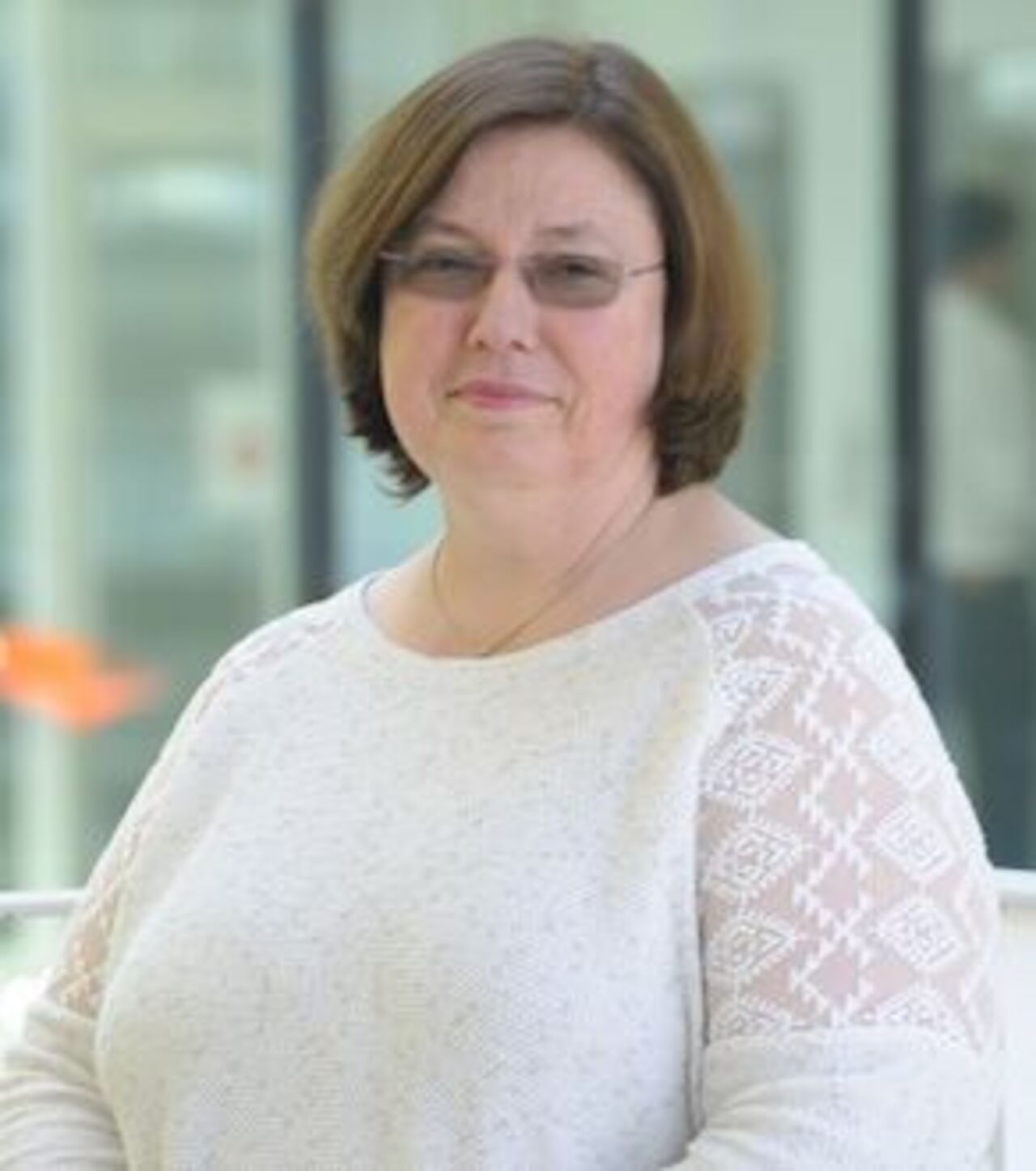This special year for our Institute finally saw the creation of Université Gustave Eiffel, after a long wait while the conditions required for the birth of this establishment were put in place. Conducted with each of the university's founding partners, the HCERES evaluation highlights a number of positive points for IFSTTAR, such as our strategic and governance choices, the importance of strengthening academic links and our commitment to leading scientific activities on the themes of the city and mobility. The evaluation could not have been carried out if our departments had not been highly motivated to carry out this complex exercise, particularly in the context of a merger.
Our contributions to the T20 summit in Tokyo, on behalf of Université Gustave Eiffel, also mark a change in visibility for IFSTTAR. The mere presence of the term "infrastructure resilience" in the recommendations submitted to the political leaders of the G20 is an achievement of which we can be justly proud. The collaborative projects set up in this context with our partners in Université Gustave Eiffel are intended to be long-lasting and to have an international impact.
"International collaborative projects set up with our partners in Université Gustave Eiffel"
The scientific life of the Institute is as vibrant as ever, with, for example, the solutions developed as part of the FastCarb project for CO2 storage by the carbonation of recycled concrete. We should also mention the large number of projects and transfer actions in the field of road safety: the publication of a collective work, the consultation of our experts by the National Road Safety Council (CNSR), a seminar on detailed accident studies (EDA), a symposium on the safety of motorised two-wheelers, etc. These are just a few of the contributions and key events that illustrate our expertise and work in the area of public policy support.
An innovation for IFSTTAR in 2019 is the joint organisation of an international summer school that involved many educational players in Paris, Montreal and Brussels around the topic of the circular economy. This important subject is also at the heart of the E3S (Smart, Sober and Secure Eco-neighbourhood) project being developed in Châtenay-Malabry. Implemented by the Eiffage Group and the partner institutions of the I-Site FUTURE, E3S offers a testing ground for new research activities in the fields of sustainable urban development: low carbon, the circular economy, nature in the city and new practices. Opened in March, the Transpolis platform has also been very well received. This unique research facility has quickly allowed us to create new partnerships with academic and private players.
Finally, we should draw attention to scientific activities that are open to society, such as the conferences organised during the Future Days, the Bron National Scientific Encounters and the Petit Campus and ELEA educational series of publications. They are increasingly popular with young people, teachers, elected representatives and the general public. With Université Gustave Eiffel, this dissemination of knowledge and all IFSTTAR's other activities will continue on a larger scale, bolstered by the virtuous continuum of teaching, research and expert appraisal.


